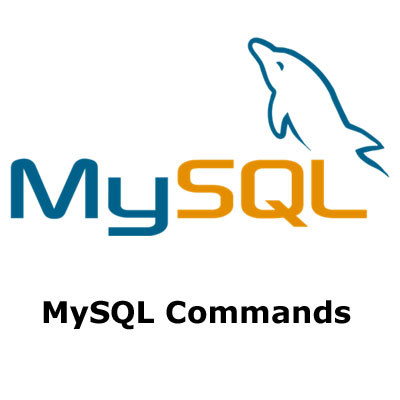These comment system make easy for site owners to add comment feature on their blog or websites. Today’s 3rd party commenting systems that work cross-platform regardless of what programming language or scripts your site is based on. These 3rd party commenting systems do more than just allowing visitors and readers to drop comments. Most of them support comprehensive comment managing backend, spam control, blacklist/ whitelist management, integration with social media, theme customization and much more.
1- Disqus
Disqus is a mature comment management system and perhaps the most used amongst bloggers and website owners. It comes in 2007, it is currently serving more than 750,000 websites. According to a recent study 75% of the websites using 3rd party commenting system are powered by Disqus. Disqus is mobile friendly, its interface swaps according to different media so commenting is not affected even if your readers are on mobile browser.
For site owners, you can (optionally) be notified via email when a comment has been made on your website, and the best part is you can respond to it right away from your email.
Features:
- Compatible with search engines, in another word – SEO friendly.
- Integrates with Akismet.
- Allows commenters to post as guest, or login via OpenID or social networks IDs (Facebook, Twitter, Google and Yahoo).
- Allows user to flag comments.
- Easy comment moderation via admin panels.
- Supports blacklist/ whitelist and word filtering.
- Allows site owner to display Tweets and other reactions.
2- IntenseDebate
The easiest way to sell IntenseDebate is probably stating who are the folks behind it. IntenseDebate is an Automattic product, the same guys who brought you WordPress, PollDaddy, Akismet and other cool web services.
If your blog is running on WordPress and you are looking for a 3rd party commenting system for a chance, you know this may be your best bet as IntenseDebate is created and maintained by the same people who coded your blog platform.
Features:
- Comment Threading
- Reply by Email
- Email Notifications
- Commenter Profiles
- Moderation/Blacklisting
- Reputation Points and comments Voting
- Developers can take advantage of the Plugins API to make commenting and discussion even more interesting.
- Supports numerous widgets to show off your comment stats, most recent comments, most popular comments and top commenters.
- Allows users to login via OpenID, Twitter, Facebook or even WordPress.com ID.



